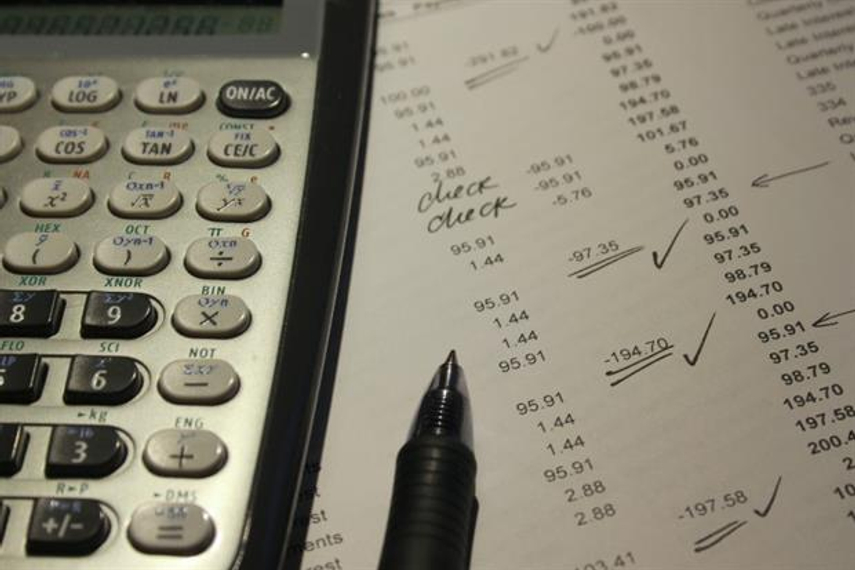Last month I went to Intersection, a creative meets technology summit hosted at Shoreditch House. Amongst the high powered delegates there was one who proudly announced that in the future he expected marketing teams to be replaced with maths’ graduates. Very soon, he said, CMOs and other marketing talent would be drawn solely from MBA economics courses. People who do maths, he suggested, just get it.
Who made maths King?
Now, I’ve got nothing against maths. Some of my best friends are mathematicians. But I shuddered at the thought.
Of course, we digital pioneers have only ourselves to blame. We gave you the most measurable marketing tools the world has ever seen; we shouldn’t be surprised that you now actually want to use them to measure things.
What does maths bring to the party?
Mathematicians are great at measuring. They can analyse numbers, calculate net worth, and project value like its going out of fashion. Which it isn’t, because having the ability to calculate ROI to the nearest penny is the holy grail for businesses competing globally and digitally on the thinnest of margins.
Are we forgetting the basics of marketing?
But there is a real danger that basic marketing principles are being swept away by the tyranny of spreadsheets and the headlong rush to drive down advertising costs. Because the fact of the matter is that being smart with numbers, doesn’t make you smart with people, which is what marketing is all about.
Mathematicians might know all about Hyperbolic Trigonometry, but they’ll look at you blankly when you mention Maslow’s Hierarchy of Needs and the fundamental truths of human motivation.
Why maths is not the answer
The success and potential of digital marketing cannot be reduced to a series of mathematical equations because, ultimately, it is conceived and consumed by human beings. And human beings are not wholly predictable; they love to be delighted, surprised and challenged by what they see. Obsessing about ROI leads to timidity and short termism in marketing. It leads to the repetition of old marketing formulas because they are safe, because they’re tried and tested, and they seem to make the sums add up.
The sum of human achievement
OK, making your sums add up is important. But the truth is marketing needs maths to show us how we can grow and develop, not simply direct us towards endless repetition of established paradigms.
Why marketing still matters
So, let’s stand up for marketers, for their understanding of human nature, their digital flair and their ability to generate revenue simply from ideas. They really do get it. They understand the art of persuasion, the nuance of trend and the promise of creative possibility. They take risks to innovate and drive the value of brands amongst consumers.
It’s time to get the balance right. Let’s use maths to tell us when we’re going wrong, to confirm our hunches and enrich our understanding of the world, not simply push us down creative cul-de-sacs.
After all, we’re never going to see the next digital horizon if our heads are buried in spreadsheets.
(This article first appeared on MarketingMagazine.co.uk)




.jpg&h=334&w=500&q=100&v=20250320&c=1)




.jpg&h=334&w=500&q=100&v=20250320&c=1)


.jpg&h=334&w=500&q=100&v=20250320&c=1)


.jpg&h=268&w=401&q=100&v=20250320&c=1)


.jpg&h=268&w=401&q=100&v=20250320&c=1)
.jpg&h=268&w=401&q=100&v=20250320&c=1)

.jpg&h=268&w=401&q=100&v=20250320&c=1)
